Table of Contents
Comfort is paramount when you’re spending large amounts of time travelling by bike.
There are already a number of ways to quickly and affordably increase bike comfort including using wider tyres, comfort seatposts, gel bartape and forgiving saddles.
But one area not often explored is the stem.
Suspension stems are not a new thing. They were available for rigid mountain bikes in the mid-1990s but were rendered obsolete when suspension forks became commonplace.
The Girvin Flexstem was perhaps the most well-known model at the time, but nowadays people like to regale tales of how disconcerting they were to use. Amongst those who even knew suspension stems existed, they have a pretty bad rep.
I recently met someone who swore by his 1996 SoftRide suspension stem. His touring bike had rather narrow tyres and a road bike fork, so the stem was able to do the majority of the front-end shock absorption.
Given that touring bikes don’t have suspension or need much travel, perhaps they are the perfect candidate for a suspension stem?
Why Should You Use A Suspension Stem?
The idea behind the suspension stem is that it dampens road bumps, shocks and buzz before it gets to your body, reducing impact forces on your hands and wrists and keeping you more comfortable on your ride. This allows you to ride further and more efficiently on uneven road surfaces.
The suspension stems these days are often optimised around road riding, resulting in much less travel than the stems of the past. Manufacturing techniques have also improved vastly to now provide a much lighter and more adjustable product than 20 years ago.
A suspension stem can eliminate the need for a suspension fork on dirt roads, saving a significant amount of weight from a bike. In addition, when you forgo a suspension fork, you no longer have to worry about making your panniers ‘sprung’ if you use them.
It could even be that suspension stems offer more comfort-per-gram than wider tyres for your bike. Think about it, wider tyres and tubes will often add much more than 100 or 200g to a bike. Lightweight comfort anyone?
Why Should You NOT Use A Suspension Stem?
The biggest issue is that any downward force to the handlebars will result in energy loss. This is not great for people who like standing up on the pedals, but shouldn’t be much of a problem for people who spend most of their day in the saddle. An issue that the 90s suspension stems suffered was movement under heavy braking. I presume that this effect is lessened on the latest generation of products given how much less suspension travel there is.
Weight weenies may care that suspension stems will add grams to their bike – we’re talking 100-200g at the most.
And finally, given that there are pivots, elastomers and moving parts, these stems are likely to be less stiff than a regular stem.
TranzX Antishock Stem
Released in 2014, the Antishock stem is the most simple and lightweight option here, in fact, it’s already found on many endurance-focussed road bikes. The elastomer is located in a two-piece steerer clamp providing a few millimetres of travel. The weight of the stem is not at all prohibitive. Image: Tour-Magazin.de
US $135 // 4-6mm travel // 198g (100mm)
Redshift ShockStop Stem
The ShockStop is currently on Kickstarter and looking to easily hit its target. It’s an adjustable stiffness stem designed for road riding. It employs two elastomers and two sealed cartridge bearings at the pivot to smoothen out the road – it should be almost maintenance-free. It won’t be available until April 2016 but looks to be a solid option. Image: RedShiftSports.com
US $99 // 10-20mm travel // 250g (90mm)
StaFast Air Sprung Stem
The StaFast is a bit different to the other options in that it is adjustable via air damping to suit both different riding styles and terrain. This is undoubted the most advanced option here. Other than being able to be fine-tuned like a suspension fork or shock, the StaFast also features 25 degrees of angular adjustment so you can really dial in your bike position. Oh, and the machining looks really nice! Image: Sta-Fast.com
US $350 // 15-20mm travel // 367g (95mm)
GripFast Shock Absorber
A slightly different design yet similar function is the GripFast shock absorber. My main concern for this product is that it dramatically changes your position on the bike by shifting you up 50mm or more. It is also heavier than the other options when you factor in a stem too. Image: BikeRumor.com
US $99 // 14mm travel // 300g
Should You Buy One?
I’d start by fitting the widest possible tyres to your bike, along with a gel bar tape or silicone grips before deciding to try a suspension stem.
If you spend a fair chunk of time on bumpy roads, a suspension stem will likely have a marked difference for your comfort. You have the most to gain if you ride a bike that has tyres on the narrow side (less than 40mm).
I look forward to testing some suspension stems on my future adventures.


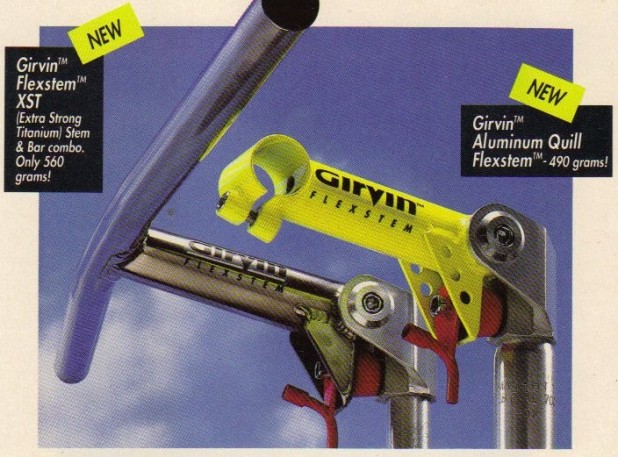
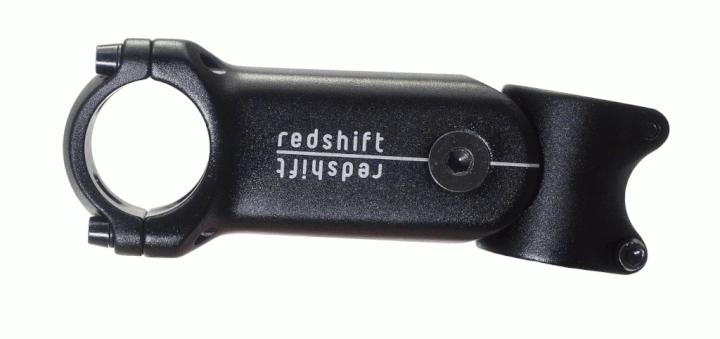



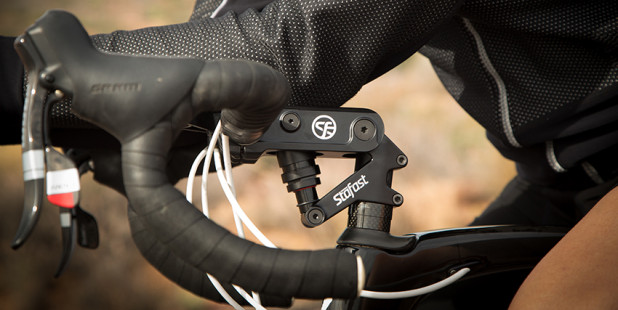

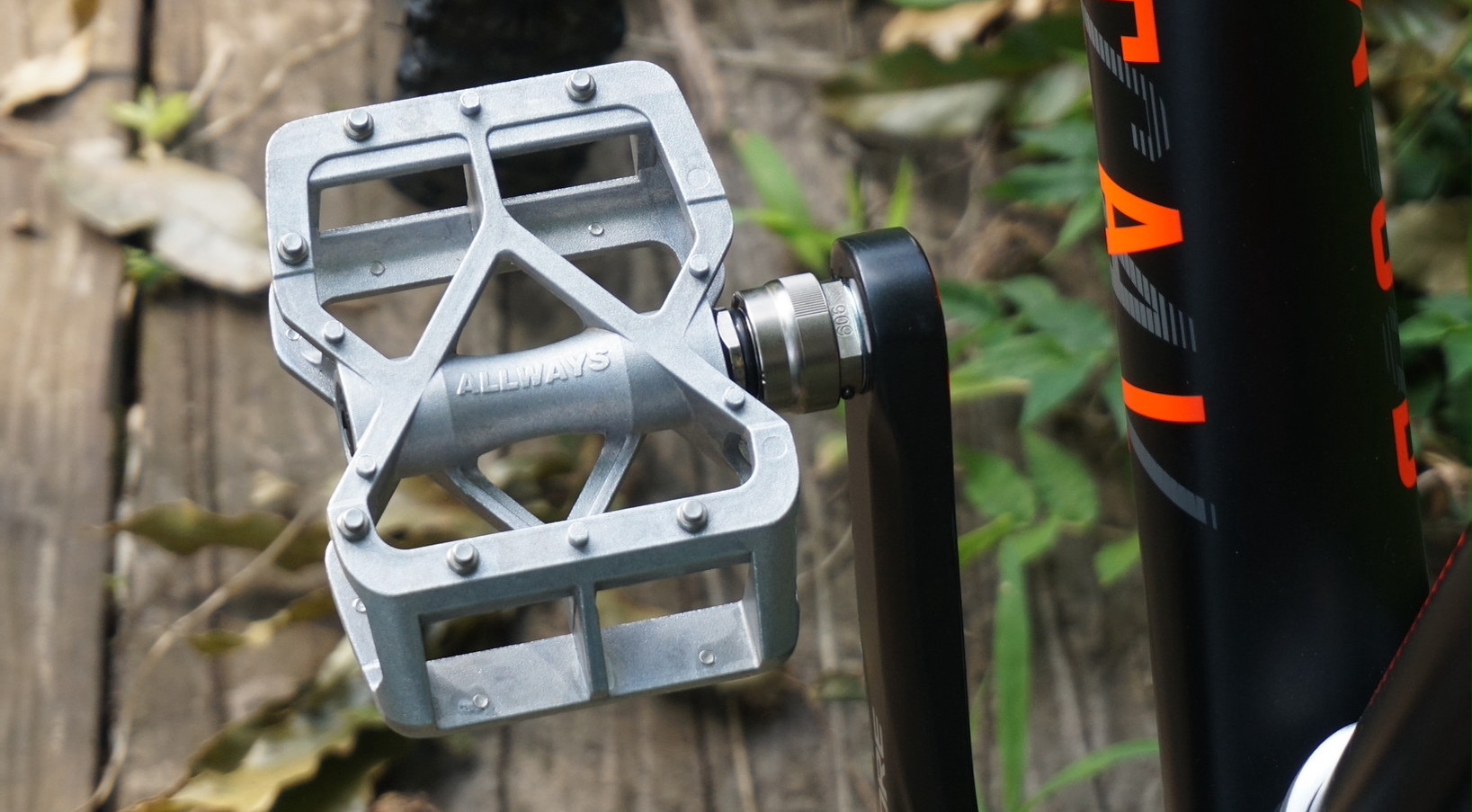
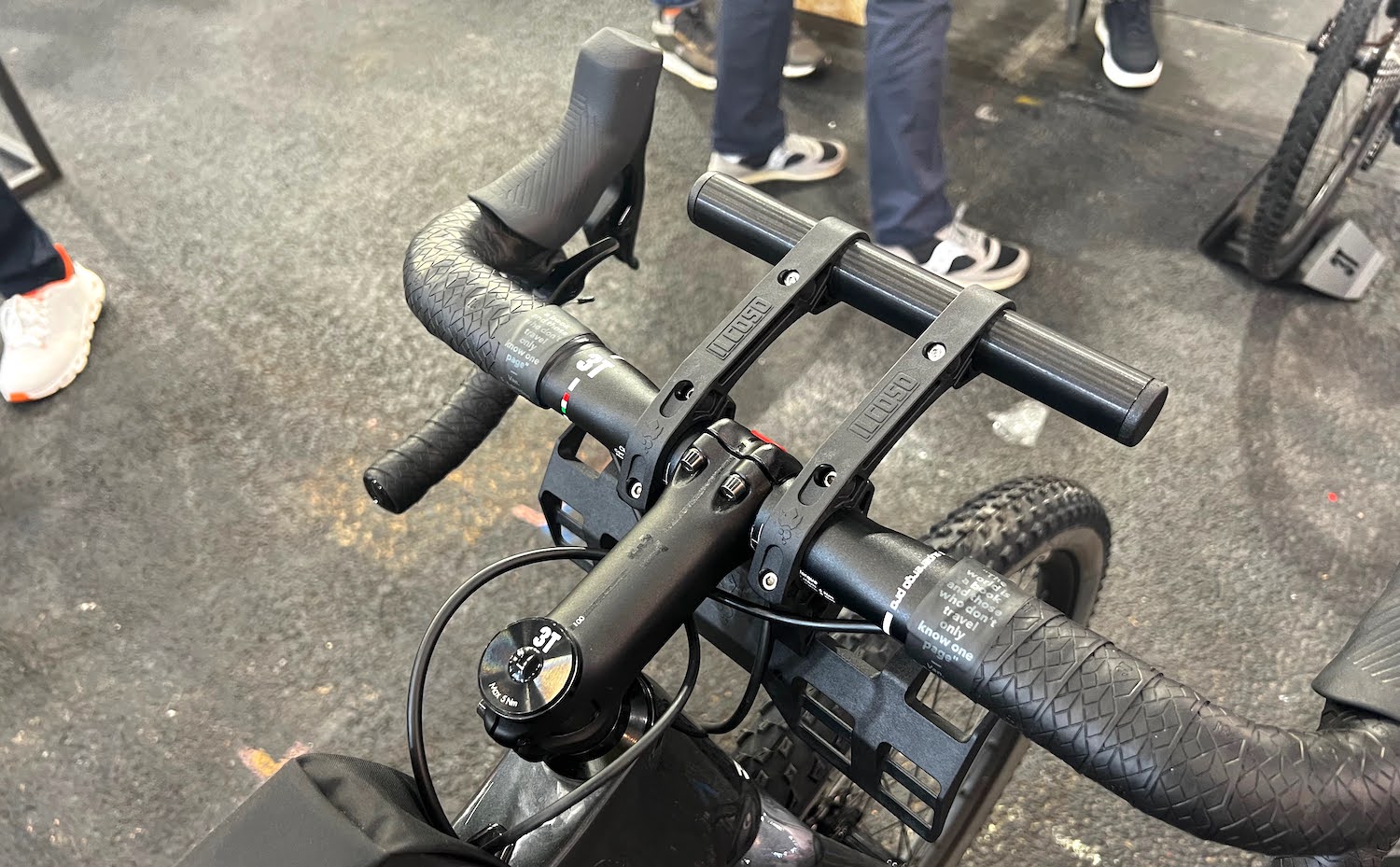
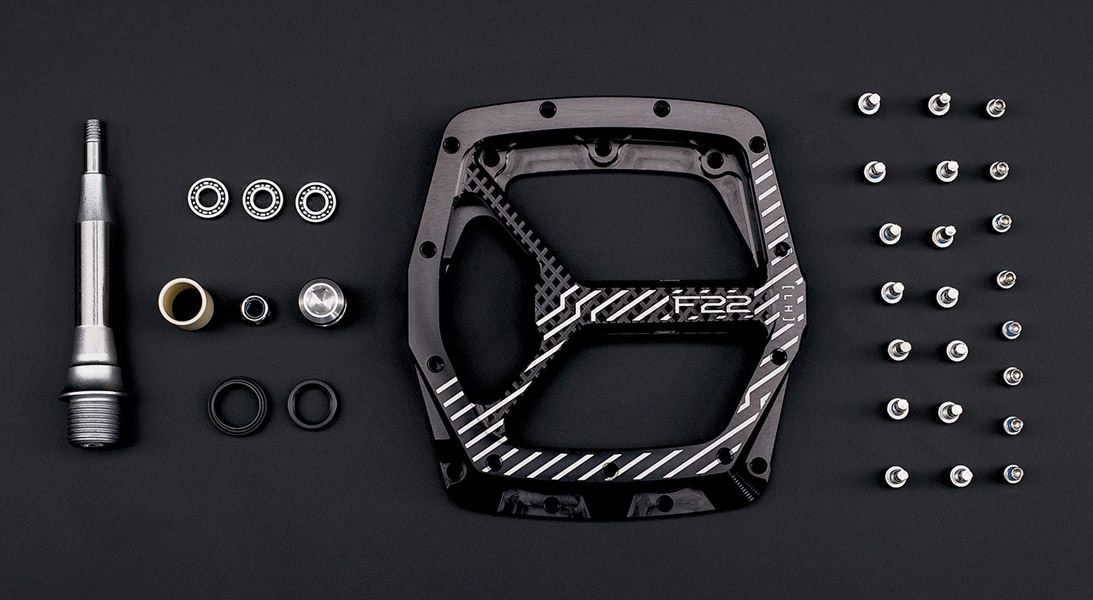

have you tested any of these? thoughts?
Suspension stems are nothing new. And, oddly enough, they never catch on. There are simpler, cheaper, and lighter ways yo get more comfort on the handlebars; such as fatter tires, padded grips, or gloves.
See earlier attempts at handlebar suspensions here: http://bikeretrogrouch.blogspot.com/2015/09/suspension-stems.html
While researching for an adjustable handlebar system, I cane across EZRIDE. This looks like it could alleviate my back problems as they claim to be adjustable on the fly and offers an almost 90degree travel. Would add some weight to the bicycle but right now I am looking for something to ease my back and neck problems and less concerned about the weight.
Thanks – I hadn’t seen that before! If you get one, let me know how it goes.
back in the 90’s I did thousands of miles with a flexstem and loved it, it took the shoulder jar out and made stretching out to double bar ends quite comfortable. you get used to a bit more bounce when out of the saddle very quickly.
sorry but gloves, grips etc.. are not the same, softer tyres equals pinch flats so I rode hard rubber.
I always wanted to try the allsop softride bikes with the laminated beam..